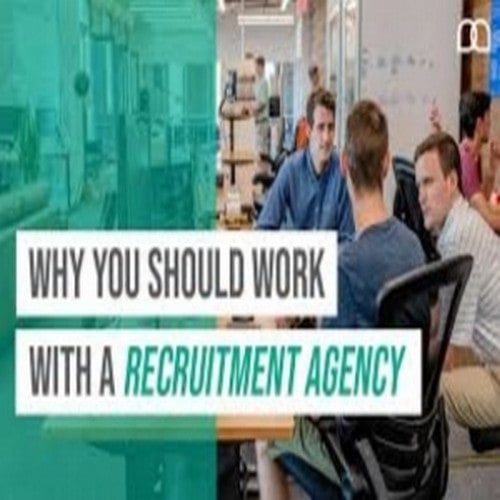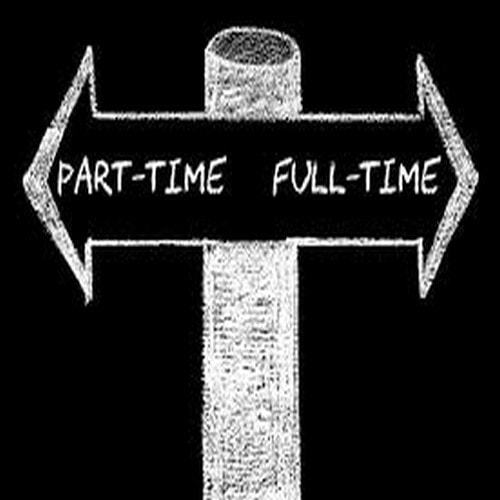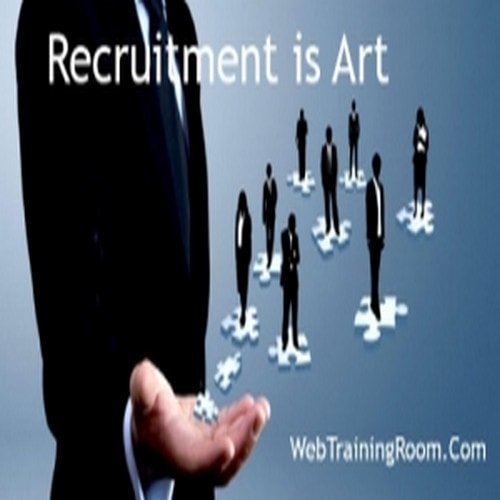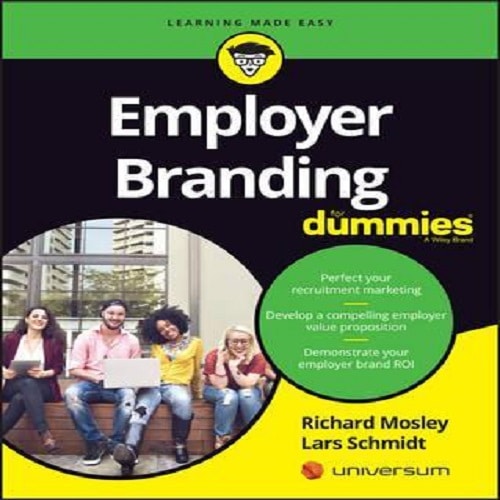Before you apply these interview tips, you must first establish rapport and small talk. Once you master the small talk, here are some interview tips that will help you impress your interviewer.
-
Work on your handshake:
Don’t offer up a flimsy or sweaty hand. Instead, when you meet with prospective employers or interviews, offer a firm handshake, with one or two pumps from the elbow to the hand. It’s a good way to illustrate your confidence and start the interview off on the right note.
-
Get serious:
If you take a casual approach to the initial interview with a company, especially with a screening interviewer from the human resources department, you may be sealing your fate. Job seekers should treat every interview as if it’s their one and only chance to sell themselves to the recruiter.
-
Get the practice:
If you find yourself being offered an interview for a job you are not really interested in, go on the interview anyway; you can make contacts for future job opportunities and get valuable interview practice.
-
Be enthusiastic:
Bring a positive attitude to your interview. Most interviewers won’t even give a second thought to someone who has a negative presence or seems like they almost need to be talked into the job. “You’re selling yourself, and part of you is the positive approach you’ll bring to the office every morning, ” says Alison Richardson, a recruiter for several New York financial firms. “That smile and friendly demeanor go a long way.”
-
Ask questions:
When interviewing for a new position, it’s essential to have a handful of questions to ask your potential employer. Some questions could include: What do you consider to be the ideal background for the position? What are some of the significant challenges? What’s the most important thing I can do to help within the first 90 days of my employment? Do you have any concerns that I need to clear up in order to be the top candidate?
-
Tell a story:
Your interviewer wants to know about your skills and experiences, but he or she also wants to know about you. Don’t fire off routine answers to questions. Instead, work your answers into stories or anecdotes about yourself. People remember the people who are interesting. Prove your value by tailoring stories that address the main concern an interviewer may have: What can you do for us?
-
Show restraint:
During an interview, what you don’t say may be as important as what you do say. As a rule, don’t talk about money or benefits, especially during the first interview. You should already know if you fit the parameters. Don’t badmouth about any of your past employers. Organizations don’t hire complainers. Don’t mention outside career aspirations or part-time jobs. Employers are looking for people who want to be part of their organization for the next decade and beyond.
Whatever you do, don’t mention the need for an immediate vacation. First of all, you’re making an assumption that the recruiter wants to hire you. Second, you’re essentially removing yourself from the list of potential candidates. A job candidate we once interviewed was quick to announce that she needed time off immediately for a two-week honeymoon. We hadn’t even offered her the job. Needless to say, we didn’t. Certainly, there are scenarios in which you’ll need to discuss pending scheduling conflicts, but the interview isn’t one of them.
-
Be memorable:
Considering the number of job seekers interviewing for positions today, it’s fair to suggest that many HR workers can hardly keep track of the differences. That’s why it’s important to do or say something that will allow you to stand out in the mind of your interviewer. This could even be one of the important interview tips you put in mind. It will strike a personal note and also provide a point of reference when it’s time to recall the top candidates. Sure, the job candidate with “American Idol” experience had no real usable background for the job we were looking for, but he was memorable.
-
Among the interview tips, don’t forget to ask for the job:
“Tell your interviewer you want the job — period, ” says Dana Fulbright, an IT recruiter for Universal Studios in Orlando, Fla. “So many people leave without ever saying they want to be hired. It sounds so simple, but it’s true. Let your employer know that you want to work there.”
So, good luck! Landing a job would be easy if you are just prepared and has followed all these vital interview tips.




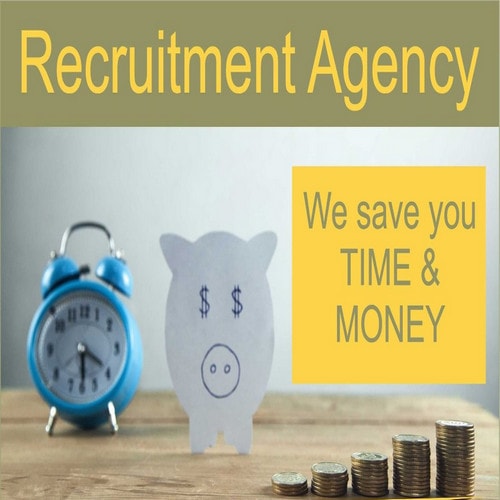





 Hands up! Who loves the sweaty palm inducing process that is the ‘dream job interview’? So far, you have impressed them with your CV and completed a great application form. You may have aced tests and now comes the face-to-face meeting.
Hands up! Who loves the sweaty palm inducing process that is the ‘dream job interview’? So far, you have impressed them with your CV and completed a great application form. You may have aced tests and now comes the face-to-face meeting.
 Managing temporary workers can be quite challenging as the rules and expectations differ significantly from those for managing permanent employees. With temps, you will need to figure out how to keep employees who will be working for you for a short duration of time interested, motivated, and excited about their job.
Managing temporary workers can be quite challenging as the rules and expectations differ significantly from those for managing permanent employees. With temps, you will need to figure out how to keep employees who will be working for you for a short duration of time interested, motivated, and excited about their job.